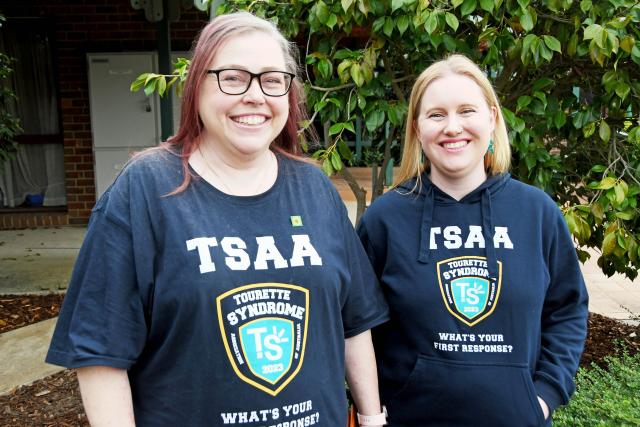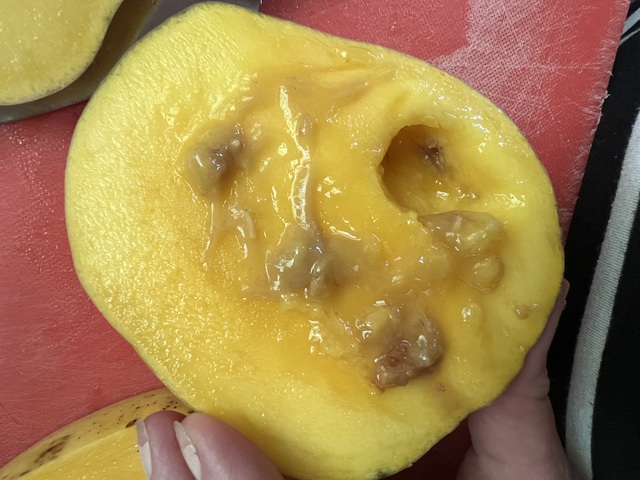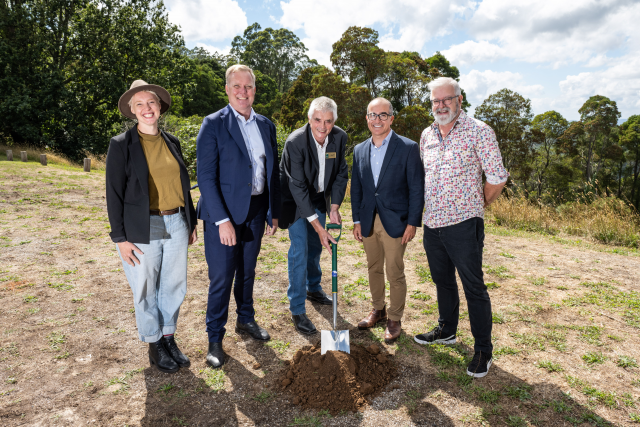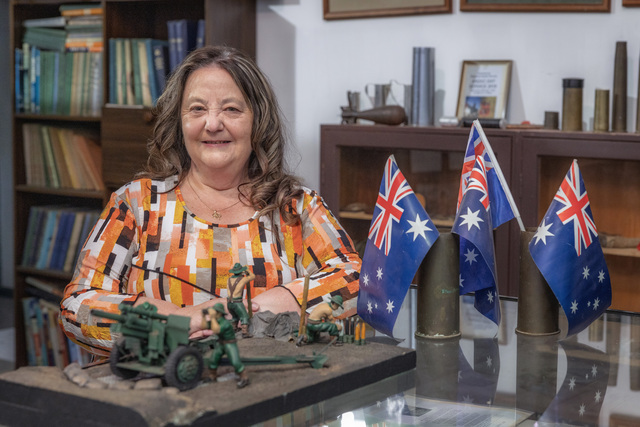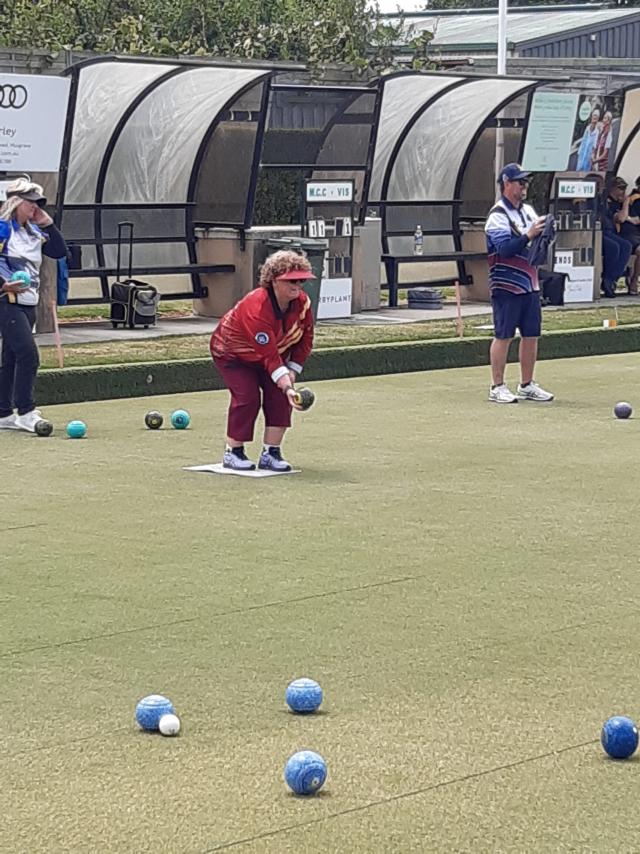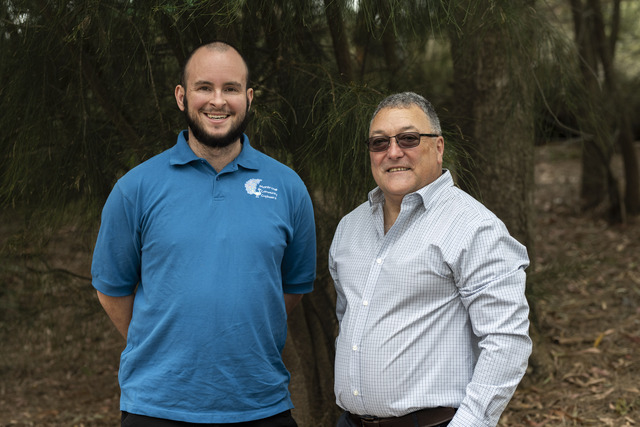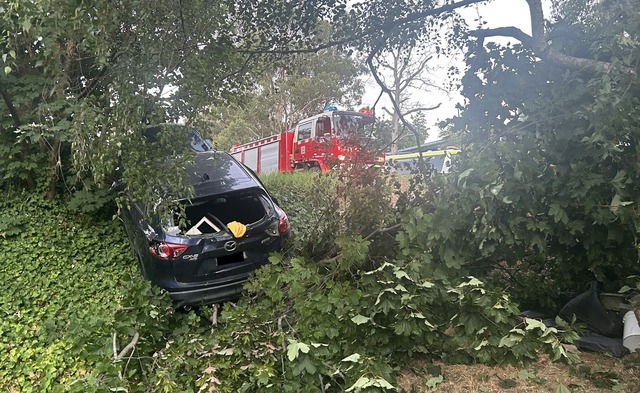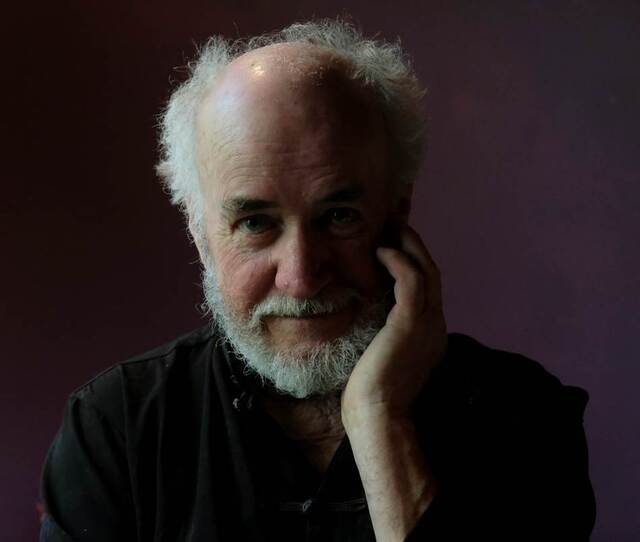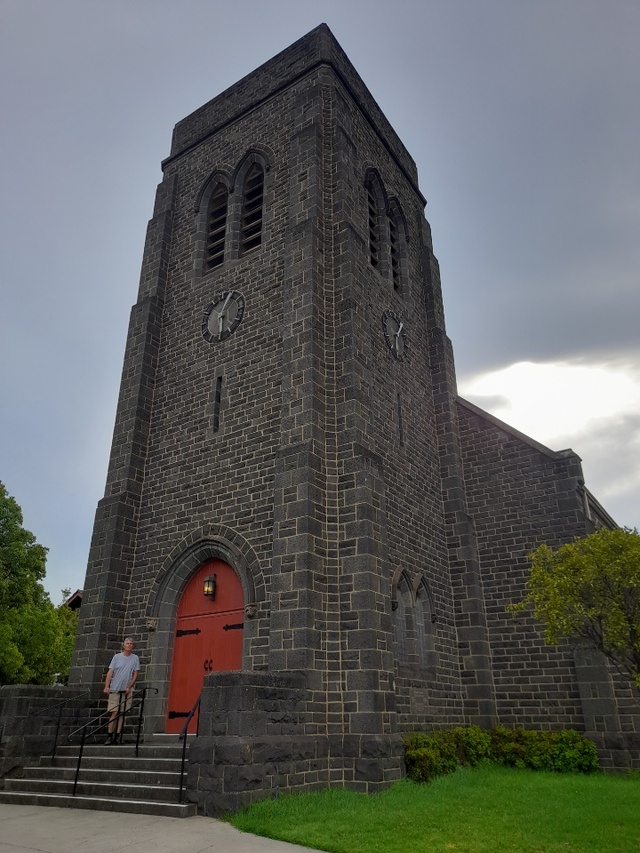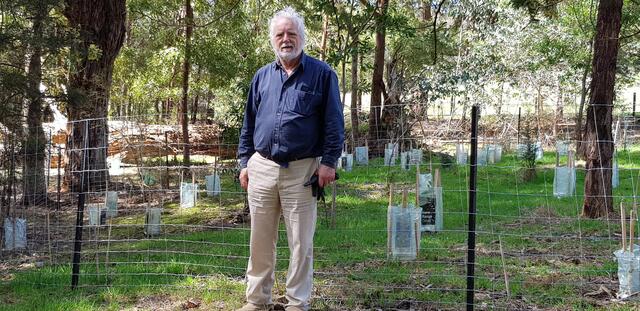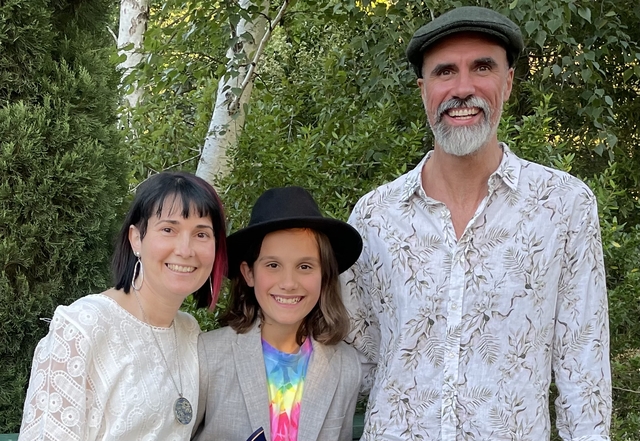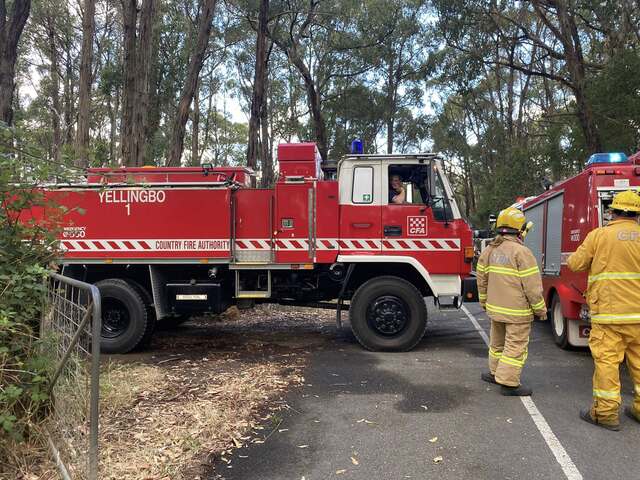Sophie Stack has lived with Tourette Syndrome since she was five years old.
A neurological condition typified by involuntary, repetitive movements or ‘tics’, for the mum of two, it’s a hereditary condition passed down her maternal line.
Despite the syndrome running in her family, for decades the 33-year-old said she “felt like [she] was living a lie”.
“I grew up in Tasmania for the first 27 years of my life and there was no education,” she said.
“I knew nothing about anyone else with Tourette Syndrome.
“Someone would walk past me in the street and be like ‘oh what is she doing’ and I would just cower, I would be too embarrassed to tell people.”
Sophie’s Tourette Syndrome manifests through motor tics, such as squinting, nose touching and head flicking, as well as vocal tics, like coughing and sniffing.
“Most of the time with our Tourettes, we know its a really bad situation and we shouldn’t be doing it, then there’s this little bit of wiring in our brain that says ‘do it!’,” she explained.
“You have to keep on doing it until it feels right, that’s where the OCD comes in.
“So if you can imagine like a sneeze is building up and then you let it out, but you feel like there’s still a little bit more in there – that’s what it can feel like with a tic.”
A few years ago, following a move to Melbourne, she found the Tourette Syndrome Association of Australia (TSAA), which provides support groups, education and annual camps for Australians living with the condition.
Sophie’s first camp, at Phillip Island in 2022, marked the first time she had publicly stated she lived with Tourette’s.
There, she said she found her “tribe”.
“I went from feeling like I was this person that did not fit, and then all of a sudden I was like ‘wow I’m so normal’.
“I was like ‘there’s so many people like me, I fit in somewhere’ – I found my confidence.”
Tourette Syndrome affects around 1 in 100 Australians, about the same proportion as Autism.
Yet the level of education surrounding the condition is severely lacking, TSAA vice president Elisa de Groot says.
“Tourette Syndrome is so much more than swearing and vocal and motor tics,” she said.
“Less than 10 per cent of people with Tourette’s actually have what we call the coprophenomena, which is the involuntary expression of indecent words, drawings or gestures.”
The focus of this year’s Tourette Syndrome Awareness Week, which runs from 1 to 7 May, is ’Tourette Syndrome…What’s your first response?’; asking the public to think about how they react when they see someone with Tourette Syndrome or a tic disorder out and about.
A large focus of the week centres on first responder relationships with individuals with Tourette’s, which Elisa said is an area that could benefit from improvement.
“We often have members saying they got arrested while they were ticing, or a first responder assumed they were under the influence because of their tics,” she said.
“I’ve been designated driver before for friends, and they’ll see me ticing, head flicking, squinting and will think I’m on something when I’m dead sober,” Sophie added.
To mark Tourette Syndrome Awareness Week, Sophie and Elisa will be turning snags at Cockatoo IGA on Saturday 6 May from 9am to 2pm.
Proceeds will go towards education toolkits for first responders, as well as funds for the annual camp programs.
“We want to get the conversation started, not just what’s the response for first responders, but as the general public, what’s your first response?,” Sophie said.
“We want people to be honest; what goes straight through your head.”
During Tourette Syndrome Awareness week, TSAA is also encouraging the community to ‘Wear Teal for Tourettes’ to raise funds to help educate the first responders, the educators, the medical staff and the general public.
To donate to Wear Teal for Tourettes, head to mycause.com.au/page/311946/wear-teal-for-tourettes

